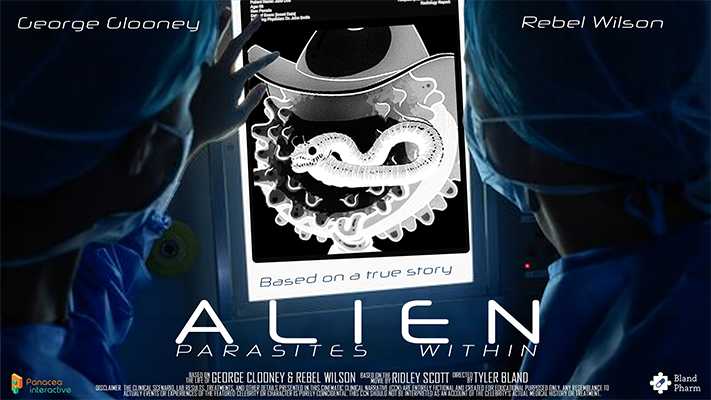
IIDS Generative AI Fellow, Tyler Bland, Publishes in MDPI AI
Medical students face a tough challenge: learning an overwhelming amount of complex information quickly. To help make one of the most difficult topics—antiparasitic medications—more engaging and easier to remember, Dr. Tyler Bland and his team created a new way to teach: short, cinematic, educational films powered by artificial intelligence. These Cinematic Clinical Narratives (CCNs) use storytelling, animated visuals, catchy songs, and humor to teach about parasites and the drugs that treat them.

Barrie Robison on the Vandal Theory Podcast
Barrie Robison, Professor with the Department of Biological Sciences and director of the Institute for Interdisciplinary Data Sciences (IIDS), is featured on the newest episode of the Vandal Theory podcast. Season 9, Episode 5: Incorporating artificial intelligence into universities.
